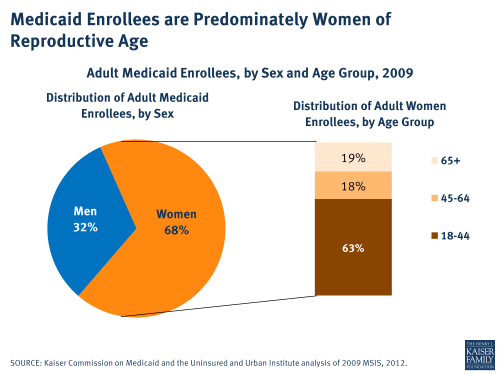Predominately or predominantly? Don’t be pretentious: predominantly predominates.
Radio One in the United Kingdom, in England, which is listened to by predominately younger kids and teens…
Transcript of spoken, ABC (American Broadcasting Corporation), 2015
Oh, geddawaywivyou! The word is “predominantly”.
Editing an academic article the other day, I came across “predominately”.
“Oh, dear! That’s an unfortunate typo”, thought I. Luckily, I decided to double-check.
Take Our Poll
Shockhorror! It isn’t a typo.
Of course, the spelling “predominately” exists. It exists and is valid in the sense that it is recorded in dictionaries and has a long history: it’s been around since 1594. So what? So has “adamantive”, but who nowadays uses that?
It is arguably invalid quite simply because, if you use it, most people will think it is a typing mistake.
And it is perfectly reasonable for them to think that, because it is the rather uncommon cousin of the much more frequent “predominantly”. That is the version that most people will have been exposed to over time.
If you look up “predominately” in the Merriam-Webster online dictionary, you will see from the comments that a good third of people consulting wanted to check if it is a “real” word.
The stats prove it. In the several language corpora I consulted, “predominantly” is between ten and seventeen times more often used than “predominately”.
What’s more, as Google Ngrams and other sources suggest, “predominately” is a) used in US writing more than in any other variety, and b) crops up mostly in academic and technical subject matter. And even in COCA (Corpus of Contemporary American), it occurs a piffling three and a bit times per million words, compared to “predominantly’s” 22-plus times.
Even if people don’t think it is a mistake, the word will still draw their eye, which is probably not a good thing. And if it draws their eye, they may think it a deliberate – probably rather affected – stylistic choice. (“Oh, who’s a clever clogs then, using a word that nobody else uses!”)
A poll I posted on Twitter confirms the perception either that it is a mistake or that it is rather poncy. The choices and answers were: is “predominately” a) a typo ( 65%); b) a ridiculous invention (0%); c) academically respectable (6%); and d) universally pretentious (29%)?
I am coolly objective about it in my edition of Fowler. Bryan Garner suggests that the adjective “predominate” used instead of “predominant” is a needless1 variant; I am now tempted to suggest that the same applies to “predominately”.
Some have tried to manufacture a factitious distinction between the two words, but lexicographers are having none of that. If you look it up in the OED, Collins, Macmillan and Merriam-Webster, you will find it cross-referred to predominantly.
The Oxford English Corpus shows that the two forms associate with the same words, e.g. composed predominantly/-ately of, occur predominantly/-ately in, etc.
Its use as a synonym below feels remarkably forced to me.
It should be allowed to die out, and few, I suspect, would regret its demise.
1“Needless variant” is pure lexicographerese, sanctified by usage. Why not “unnecessary”? “Needless” sounds somehow more crushingly final, I suppose. But otherwise, it only collocates with highly unpleasant things, such as death, loss, suffering, bloodshed, etc. Ah, so that’s why lexicographers associate it with variant: it’s like putting a collocational curse on that word. (Shades of negative semantic prosody, but we won’t go there.)
Filed under: Confusable Words, Help for writers & editors







